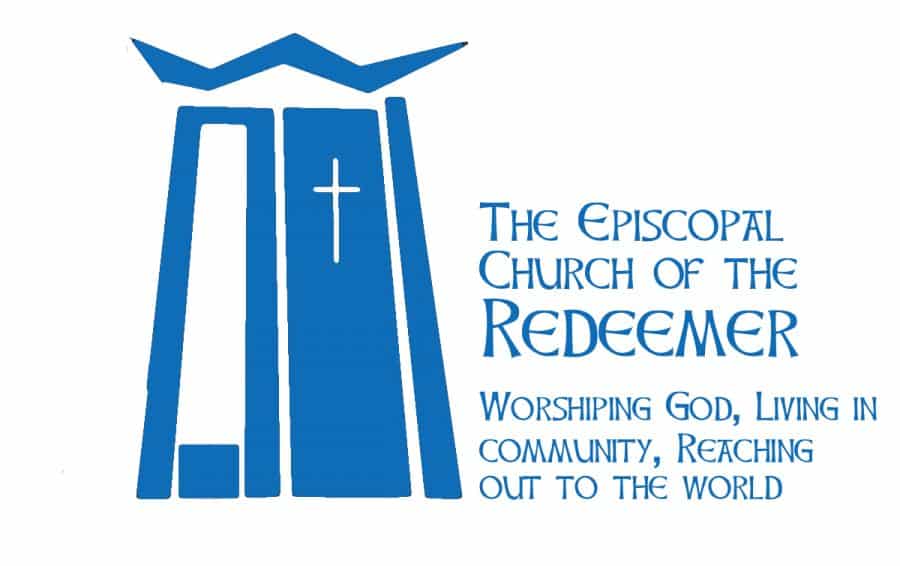The Joint Board for Bishop Transition of the Episcopal Diocese of Olympia is very pleased to announce the launch of our official transition website and the opening of applications for our Bishop Search Committee. You can find the following on the website:
- Information and a timeline about the transition process
- The Charge to the Bishop Search Committee
- Application forms for joining the search committee
The deadline to apply for the search committee is March 24.
Bishop Search Website (complete website)
Information on joining the Bishop Search Committee
Bishop
One of the three orders of ordained ministers in the church, bishops are charged with the apostolic work of leading, supervising, and uniting the church. Bishops represent Christ and his church, and they are called to provide Christian vision and leadership for their dioceses. The Book of Common Prayer (p. 855) notes that the bishop is “to act in Christ’s name for the reconciliation of the world and the building up of the church; and to ordain others to continue Christ’s ministry.”
Bishops stand in the apostolic succession, maintaining continuity in the present with the ministry of the Apostles. Bishops serve as chief pastors of the church, exercising a ministry of oversight and supervision. Diocesan bishops hold jurisdiction in their dioceses, with particular responsibility for the doctrine, discipline, and worship of the church. Bishops serve as the focus for diocesan unity and for the unity of their dioceses with the wider church. Since the bishop’s ministry is a ministry of oversight, the term “episcopal” (derived from the Greek episcopos, “overseer”) is applied to matters pertaining to bishops. An “episcopal” church is a church governed by bishops, and “episcopal” services are led by bishops.
Episcopal services in the Book of Common Prayer include these services:
- The Ordination and Consecration of Bishops
- Ordination of Priests
- Ordination of Deacons
- Celebration of a New Ministry
- Consecration of a Church or Chapel
Bishops also preside at services of Confirmation, Reception, or Reaffirmation of people in the Episcopal Church. Bishops bless altars and fonts, and the blessing of chalices and patens and church bells are traditionally reserved for the bishop.
In the Episcopal Church, diocesan and suffragan bishops are elected by Diocesan Convention. Bishops-elect are ordained and consecrated after consents have been received from a majority of the following:
- Diocesan standing committees (Fr. Jed Fox is on the Standing Committee of the Diocese of Olympia)
- The bishops exercising jurisdiction in the Episcopal Church
Three bishops are required to participate in the ordination and consecration of a bishop.
- A bishop diocesan may be succeeded to head a diocese by a bishop-coadjutor upon resignation of diocesan jurisdiction.
- Bishop diocesan may be assisted by suffragan and assistant bishops, who have no right of succession upon the resignation of the diocesan bishop.
See Apostolic Succession.
(Taken with modification from Bishop on the website of the Episcopal Church.)

Church of the Redeemer
Church of the Redeemer: Worshiping God, living in community, and reaching out to the world around us. We are an Episcopal Church serving north King County and south Snohomish County, Washington. As you travel your road, go with friends walking the way of Jesus at Redeemer.
Church of the Redeemer is at 6210 Northeast 181st Street in Kenmore, Washington. The campus is a short distance north of Bothell Way, near the Burke-Gilman Trail. The entrance looks like a gravel driveway. The campus is larger on the inside than it is on the outside. And we managed to hide a large building on the side of a hill that is not easily seen from the street.
The Episcopal Church welcomes you.



